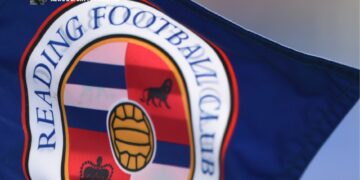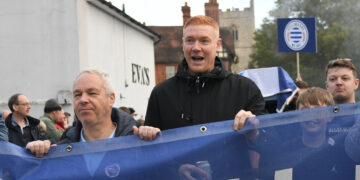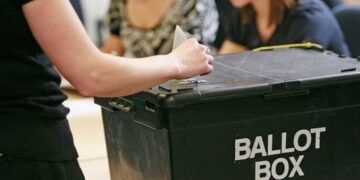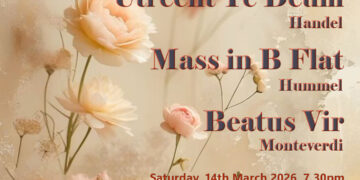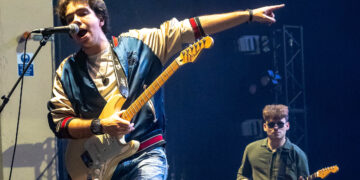MEMBERS of the Wokingham Writers group have been busy penning more stories.
The group’s latest contest saw many entries, including this one, by David Maynard.
It was commended by the Slough Writers group who judged the annual competition.
Wokingham Writers meet on the third Saturday of each month from 10am to noon at Wokingham Library, and welcomes new members.
Ever since its inception, now shrouded by the mists of Whitehall obscurantism and cigar-smoke, the Literary Intelligence Bureau – or Lib – has striven to protect the British people from the pernicious influence of writers and their writings. Like other, less secretive institutions, it plays a crucial role in safeguarding Britain from the relentless march of liberalism and modernity. And yet, despite the ironic humour of its nomenclature, both Lib and its Reading, Analysis & Response Intelligence Agents – or Librarians – have eluded the glossy scrutiny of film and fiction. At least until now…
The Librarian role comprises three parts. The reading of seditious literature to assay potential harm, the analysis of statistical trends in national book consumption, and ultimately, the investigation, apprehension, or in extremis, liquidation of the perpetrators. The first aforementioned of these duties takes place within The Reading Room, named, to confuse the uninitiated, after Lib’s founder, the Earl of Reading. But it was in the Analysis Suite that alarm bells sounded when a strange statistical kink was observed in the tail of the previous month’s fiction bestseller graph.
Thus Perspicacia Singh’s debut novel The Corkscrew Comet was first identified as a threat to national security. Improbably, it combined the rabble-rousing polemic of Roddy Mobb-Tantrumm’s dystopian political thrillers and the sci-fi erotica of Rigella Kupidova’s Venus Envy trilogy, all couched as gentle pastiche of Austen or Dickens. Furthermore, it was a tale so twisty that – to paraphrase a great comedian of the last century – one could stick a ring in its nose and call it a piggy.
Soon thereafter, Librarians Smith and Jones found themselves following Miss Singh through the leafy squares of Bloomsbury. Librarian Smith struggled under the weight of the heavy service Barchester, replete with scope and silencer, while Jones tracked the target.
“We need to get closer,” Jones hissed. “We could lose ‘er in this crowd.”
“Roger that,” Smith agreed, confident they hadn’t been spotted. But the target turned and headed towards them, reaching into her raincoat pocket.
“She’s got a gun,” Jones exclaimed. “Trollope ‘er one.”
“I’ll come quietly.” Perspicacia Singh shouted over the panicking crowd, holding up not a gun, but a harmless spy novel. “I knew the game was up when I spotted the tail.”
***
“Even this, the first page of The Corkscrew Comet, is a brazen exposé of Lib.” Herbert Symington QC’s voice reverted to its usual plummy timbre as he addressed the court, the book from which he had just read discarded beside him. After a pause, he cross-examined the defendant. “Miss Singh, did you write this book?”
“Yes.”
“Were you once a Librarian?”
“Yes.”
“As such, did you sign the Official Secrets Act?”
“Yes.”
“My Lord,” Symington appealed. “The defendant has confessed to the substantive charges. I cannot conceive what possible defence might now be advanced.”
“Breach of copyright.” Perspicacia Singh smiled at her persecutors. “Turn to page two and you’ll find every word that’s just been spoken written there in black and white.”










